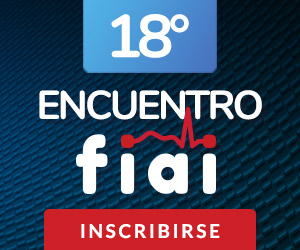Prominent QRS anterior forces during Acute Coronary Syndrome with ST Segment Elevation Myocardial Infarction

Brasil
Case presentation
Black, 56-year-old, female patient. She was admitted into the ER of the Hospital Geral, where because of sensory decrease, she was initially diagnosed with stroke, not confirmed by brain CT (normal result). She presented cardiogenic shock by low cardiac output. There was a considerable delay to refer her to our specialized tertiary hospital (3 h 45 min).
Taking her hemodynamic instability and the ECG pattern in admission (ECG1) as basis, there was a change in diagnosis to ST segment elevation acute coronary syndrome, and there was a subsequent therapeutic strategy. ECG2 corresponds to the tracing made 3 h 45 min after ECG1, being immediately sent to the hemodynamic lab to perform primary percutaneous coronary intervention, the coronary angiography of which revealed proximal LADA and LCx artery occlusion and total RCA occlusion due to a thrombi. Probably, RCA was supplying collateral circulation to the ADA territory. In the hemodynamic room, the patient presented sudden electrical activity with no pulse, followed by asystole, which did not respond to reanimation maneuvers.
The patient presented cardiorespiratory arrest at the end of the examination.
PCI (thromboaspiration + stent in the RCA). She recovered sinus rhythm 30 minutes after reanimation maneuvers (post-cath ECG). There was an attempt of intervention in the ADA, that was unsuccessful. The patient was sent back to the ER with low cardiac output syndrome, and he died soon after.
Questions
1. Which is/are the underlying mechanism(s) of very tall R wave (“Giant R waves“) from V1 to V3 of ECG-1?
2. Which are the diagnoses of ECG2?









